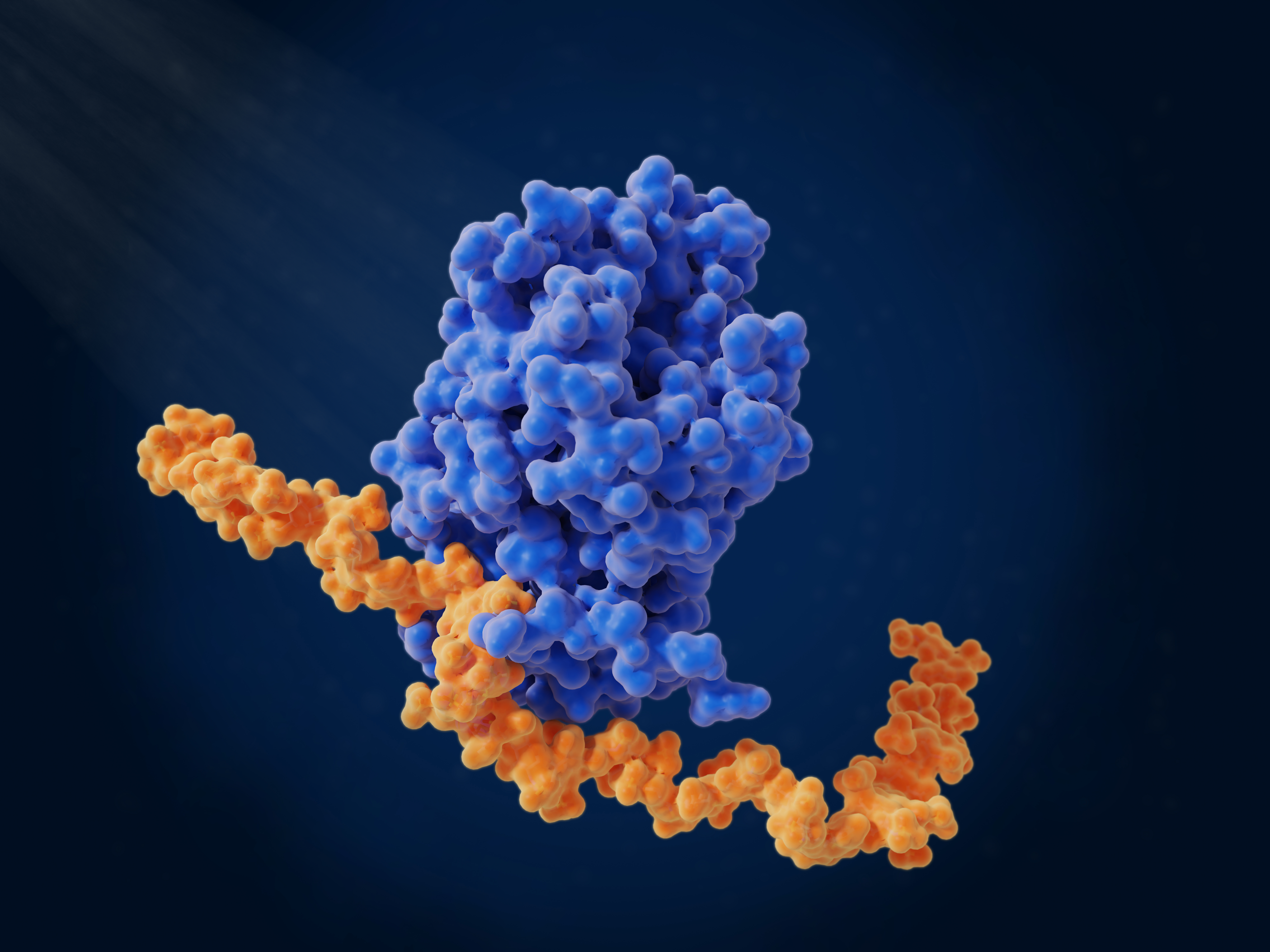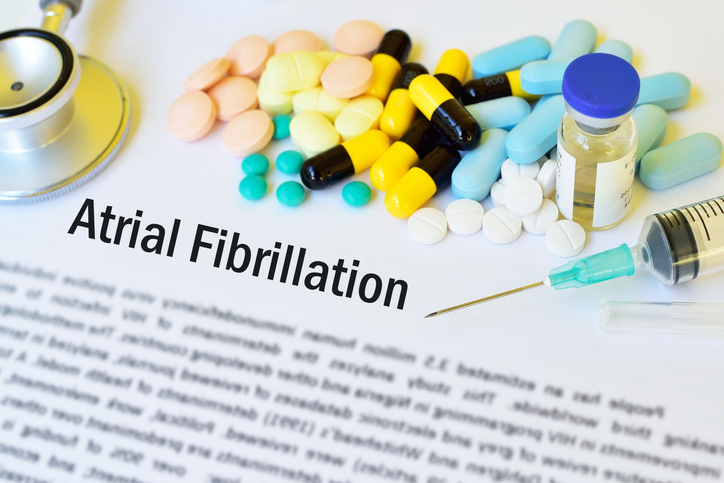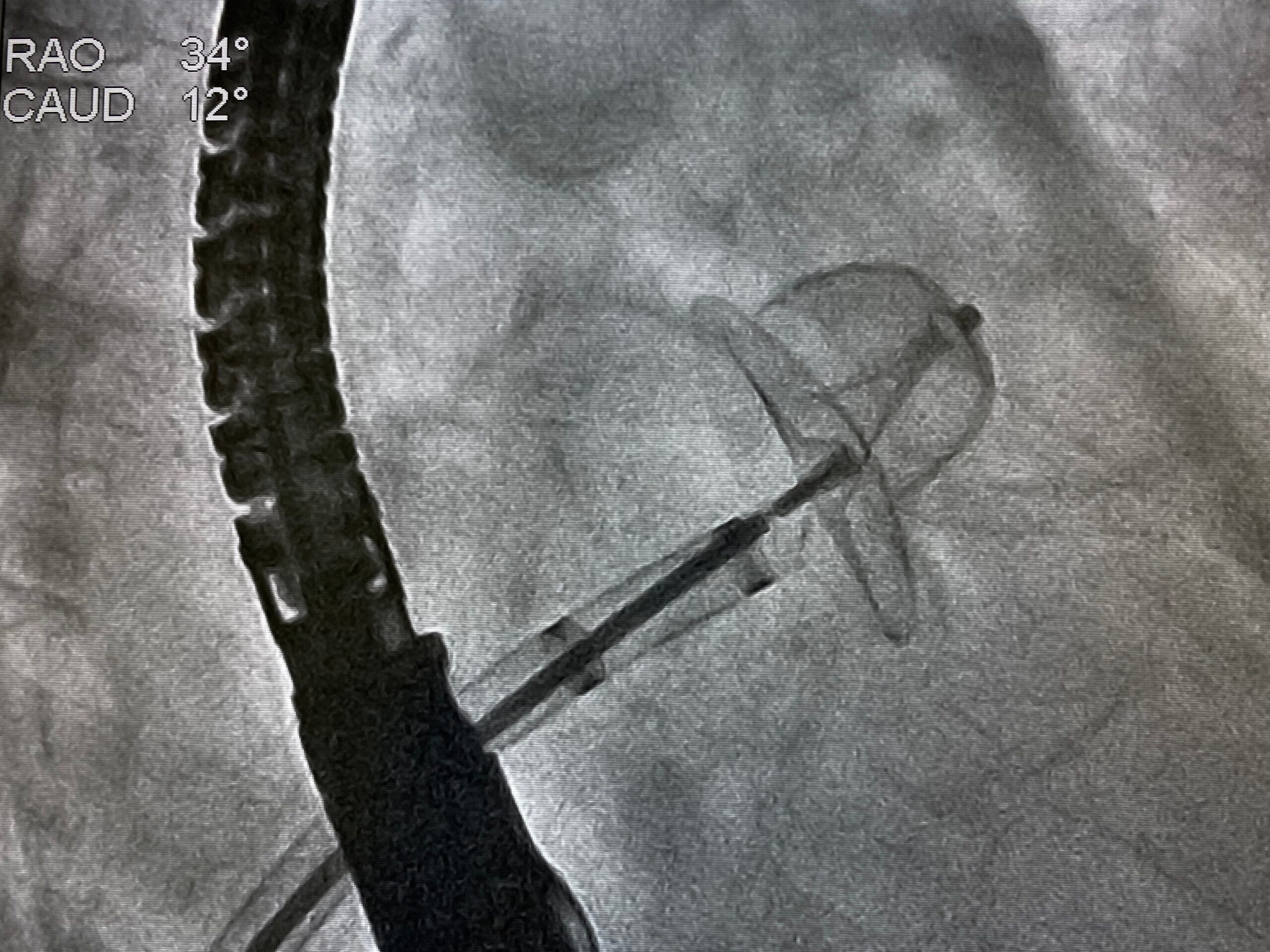
In the pilot study, ORIGAMI, researchers investigated whether direct oral anticoagulants (DOACs) could be safely used to treat patients with percutaneous endoscopic gastrotomy (PEG) given their proven effectiveness in patients with nonvalvular atrial fibrillation (AFIB). The study’s lead author, Domenico D’Amario, and collaborators reported that crushed edoxaban was “feasible, results in therapeutic edoxaban corrections, and is apparently effective and safe.”
The prospective DOAC study, published in Minerva Cardiology and Angiology, included a total of 12 patients with PEG and guideline-based indications for anticoagulation for nonvalvular AFib. The participants were administered crushed edoxaban at approved doses and assessed for thromboembolic and bleeding events at one-month post-therapy. The primary outcomes were the feasibility, anticoagulant effect, and preliminary safety and efficacy profiles of edoxaban. The anti-factor Xa activity of edoxaban was also assessed quantitatively in steady state.
According to the report, the levels of edoxaban in steady state plasma were in therapeutic ranges for all patients, and the mean plasma concentration was 208.5 (±78.6) ng/ml. At the one-month follow-up time point, no patients had experienced a thromboembolic event, one had developed minor bleeding, and one died from a progressing pre-existing condition unrelated to the DOAC therapy.
To the authors’ knowledge, the ORIGAMI trial was the first study to evaluate the potential of crushed edoxaban when “administered at approved doses through PEG in fragile and complex patients.” The study’s findings were consistent with the advantages of DOACs seen in patients with AFib, and the results could open up a new treatment strategy for this challenging patient population.







 © 2025 Mashup Media, LLC, a Formedics Property. All Rights Reserved.
© 2025 Mashup Media, LLC, a Formedics Property. All Rights Reserved.